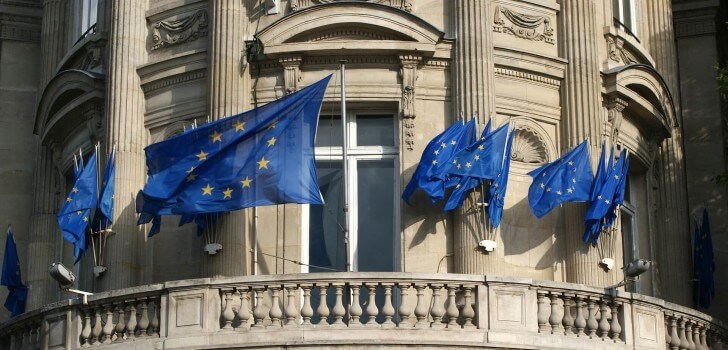The European Union (EU) has an emergency meeting today and it is expected to decide on increased security measures for the Schengen Zone’s external borders. The measures will also apply to EU citizens who normally enjoy free movement within the typically passport-free Schengen Zone.
The Schengen Zone was created by the Schengen Treaty and consists of 26 countries, including most of the European Union, Switzerland, Liechtenstein, Norway and Iceland. The treaty provides that citizens generally may travel freely within the zone. Currently, the United Kingdom and Ireland are not Schengen members, while Cyprus, Croatia, Romania and Bulgaria will become members once the EU decides they are ready to join.
It is reported that at the emergency meeting, EU interior and justice ministers will “immediately implement the necessary systematic and coordinated checks at external borders, including on individuals enjoying the right of free movement.”
French officials requested the security clampdown after last week’s attacks on Paris. Before his death earlier this week, Abdelhamid Abaaoud, the suspected mastermind behind the attacks, boasted of his ability to freely move between Syria – where he trained with ISIS – and his native Belgium.
Also to be discussed at the meeting are the EU’s plans to crack down on online, anonymous payments and virtual currencies in order to stem terror financing.
The proposals include increased intelligence sharing, stricter firearms rules, and new measures against EU citizens who join militant groups abroad and then travel back to Europe. Ministers will request that airlines share passenger data and pledge the “systematic registration, including fingerprinting, of all migrants entering into the Schengen area.”
In an interview with the Washington Post earlier today, German politician Thomas Maizière said that on one hand, “we cannot close Europe,” but on the other hand, “we cannot open Europe totally for millions and millions of poor people in the world or even for all of those coming from conflict zones. Impossible.”
Hungary Prime Minister Viktor Orban said the EU should acknowledge that migrants come from areas involved in military conflict with EU members. “We are considered enemies in those countries, and the acts of terror committed in our areas are considered war successes over there.”
Orban added that, “The founding [Schengen] treaty is currently an obstacle to this and I believe it needs to be reconsidered.”
Austrian Chancellor Werner Faymann told EU leaders to fight the urge to close borders within the Schengen zone. He said that doing so “would be the end of Schengen and the European idea.”
